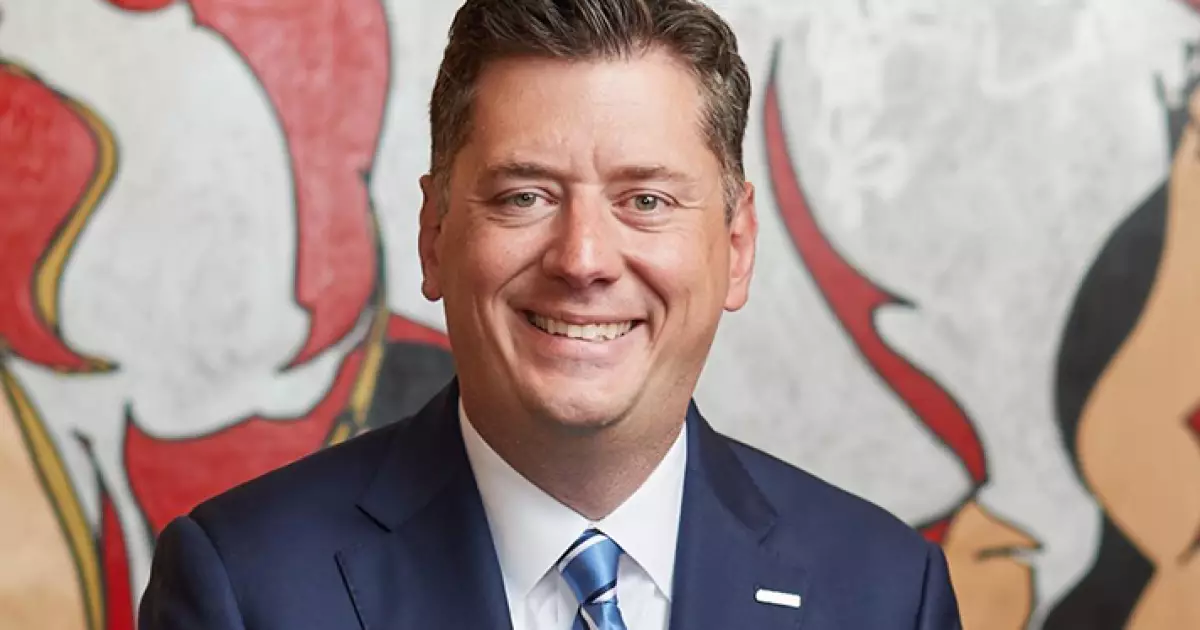3 Reasons Why Oklahoma City’s Thunder Arena Deal is a Lose-Lose for Taxpayers

The Oklahoma City Council’s recent approval of a lease agreement to keep the Thunder in a new arena through 2053 is being treated as a monumental achievement; however, this deal primarily serves to fatten the wallets of a few wealthy stakeholders while pushing the financial burden onto the common taxpayer. The decision to authorize a bond sale of nearly $787 million, primarily funded through tax-exempt sales, reveals a glaring misalignment of priorities. Instead of investing in community-centric initiatives or enhancing public services, city officials have opted to channel significant public funds into a project that disproportionately supports a private sports franchise.
Moreover, the estimated $900 million cost, likely to balloon as such projects often do, shows that Oklahoma City is mortgaging its future to a sports team that could very well put its interests ahead of the community’s. Mayor David Holt’s claim that taxpayer penalties exceeding $1 billion would deter the Thunder from leaving is nothing but smoke and mirrors to assuage citizen concerns. The prospect of financial ruin looms larger for residents than the team’s fleeting commitment to stay put.
Taxpayer Dollars at Risk
The financial architecture of this deal should set off alarm bells. Oklahoma City’s proposal to extend the Metropolitan Area Projects (MAPS 4) one-cent sales tax for six more years to secure the arena funding invites a dreaded cycle of taxation without tangible return on investment. Residents were originally sold on the idea that the MAPS tax would usher in a renaissance, yet taxpayers are now being burdened under the weight of yet another colossal financial undertaking with vague assurances of future benefits.
While the claim of nearly $976.3 million in anticipated growth might sound promising, it sparks skepticism among those who have witnessed the volatile nature of sports economics. In a market fixated on immediate gratification, can we trust that dollars allocated now will translate into benefits that enhance quality of life for all citizens? This is a gamble, and far too often, taxpayers are left picking up the pieces in the aftermath.
A Base of Truth, but at What Cost?
It’s easy to romanticize the idea of a modern sports arena with gleaming lights and roaring fans. It offers a sense of community and entertainment, after all. But the real question remains: What is the cost of that sense of community? The decision to sacrifice essential local programs and infrastructure improvements for a mere sports spectacle raises critical questions about governance and accountability.
The Thunder, although a beloved franchise, do not deserve to be ensconced in a financial cocoon built upon taxpayers’ backs. An arena that’s to be operated and maintained by the city, without significant control over naming rights, underscores a fundamental inequity in the arrangement. This deal caters to the elite and alienates the voices that truly matter—the citizens who will be funding this endeavor. Rather than focusing resources on genuine community-building initiatives, everyone is ushered towards a shiny new arena that brings more questions than answers.
In retrospect, Oklahoma City’s council may want to ponder just who this arena is ultimately benefiting. The public deserves robust dialogue and transparency before plunging headlong into financial commitments that could haunt future generations. The Thunder may offer entertainment, but it should never come at the expense of a community’s welfare.





